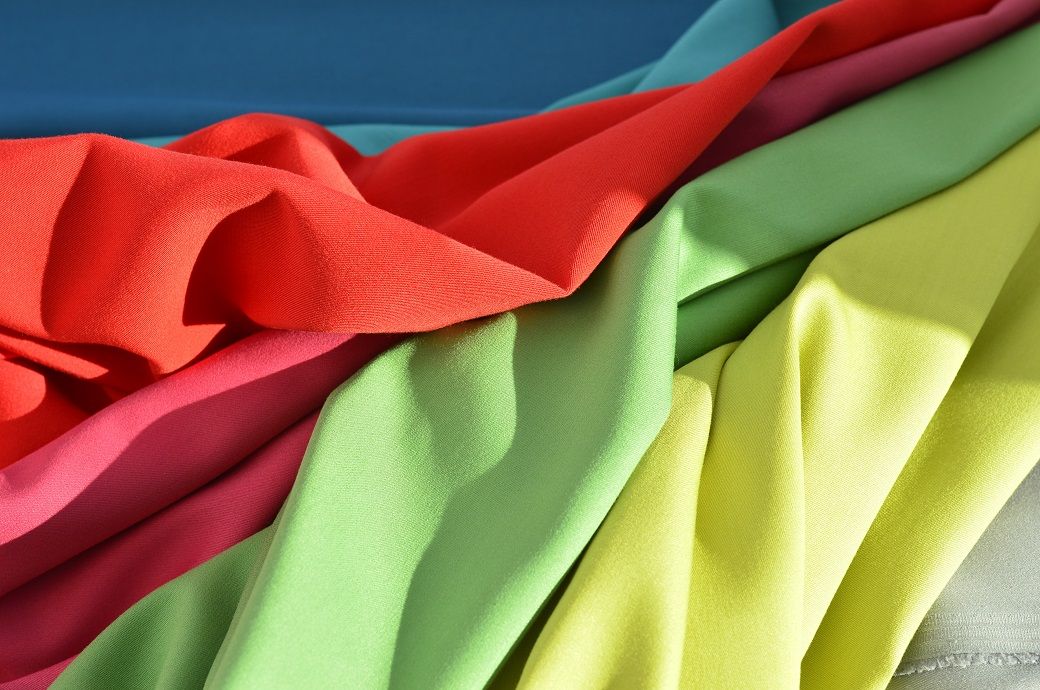
MM products have been gaining dominance in recent years due to consistently higher imports from Africa. The imports were valued at $41.098 million from January to May 2021. They rose by 69.22 per cent to $69.548 million during the same period in 2022. The imports further increased by 58.94 per cent to $110.538 million in the same period of the current year, according to data obtained from Fibre2Fashion's market insight tool TexPro.
However, the imports from Africa into Turkiye witnessed a downward trend in 2020 and 2021, falling 23.76 per cent from $53.905 million recorded during the first five months of 2020. Imports of cotton (chapter 52) from Africa to Turkiye were valued at $59.765 million from January to May 2023, constituting 24.57 per cent of the total imports. The imports of man-made staple fibres (chapter 55) amounted to $45.559 million, making up 18.73 per cent of the total. Fabric imports, both knitted and crocheted (chapter 60), were noted at $21.312 million, accounting for 8.76 per cent of the total. Meanwhile, imports of wadding, felt, nonwovens, special yarns, twine, cordage, ropes, cables, and related articles (chapter 56) stood at $2.303 million, or 0.95 per cent of the total, as per TexPro.
The imports of man-made textiles were valued at $168.808 million, accounting for 68.95 per cent of Turkiye's total textile imports. This indicates that African nations are excelling in the production of man-made textiles rather than relying on the trade of natural fibres. In the first five months of this year, inbound shipments of cotton textiles from Africa were valued at $68.537 million, making up 28.67 per cent of the total imports.
The imports of textiles made of wool/animal hair, flax, silk and true hemp by Turkiye were negligible in this period.
ALCHEMPro News Desk (KUL)
Receive daily prices and market insights straight to your inbox. Subscribe to AlchemPro Weekly!